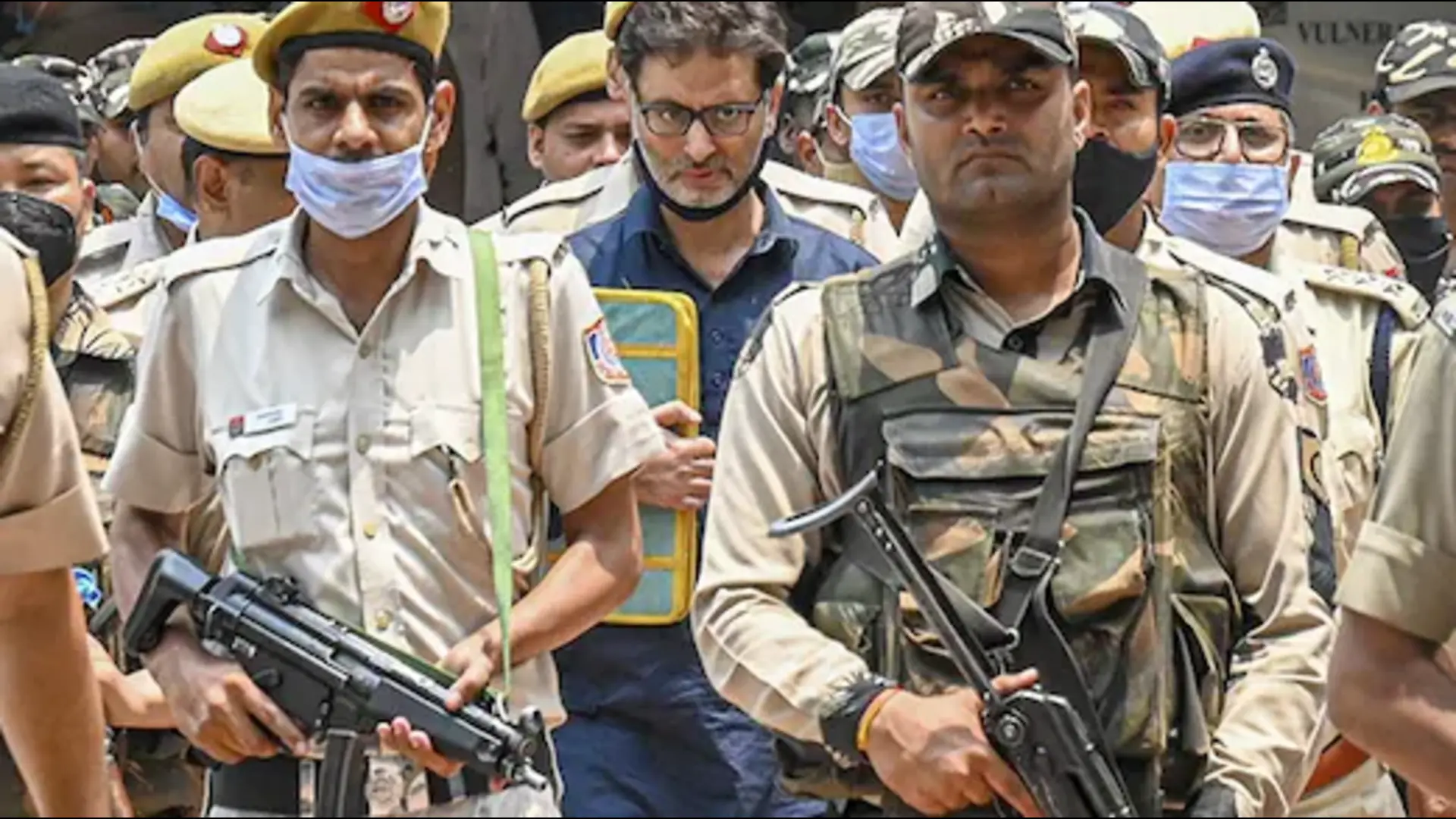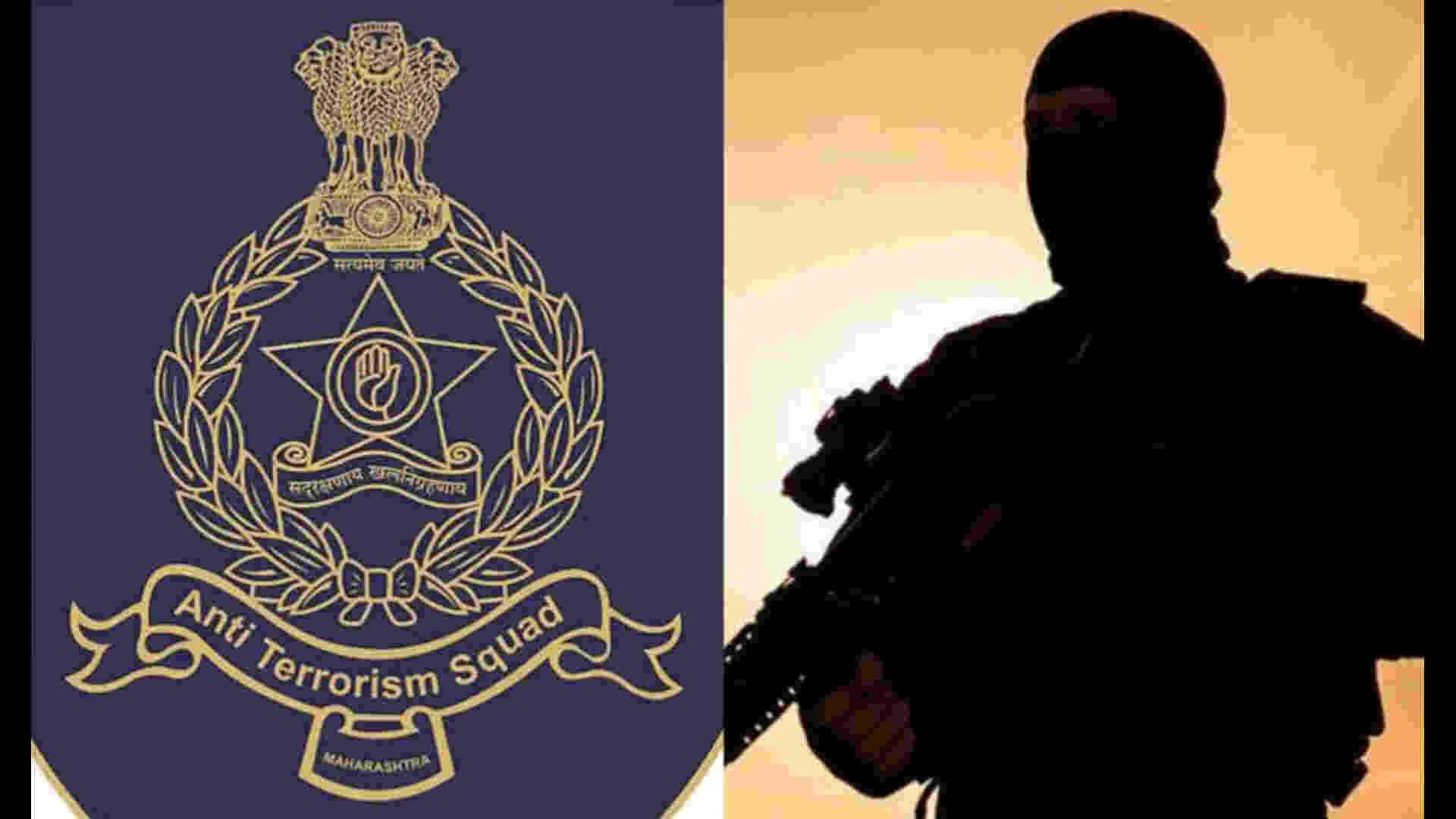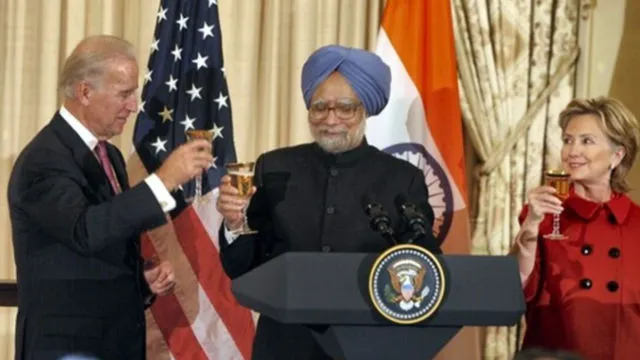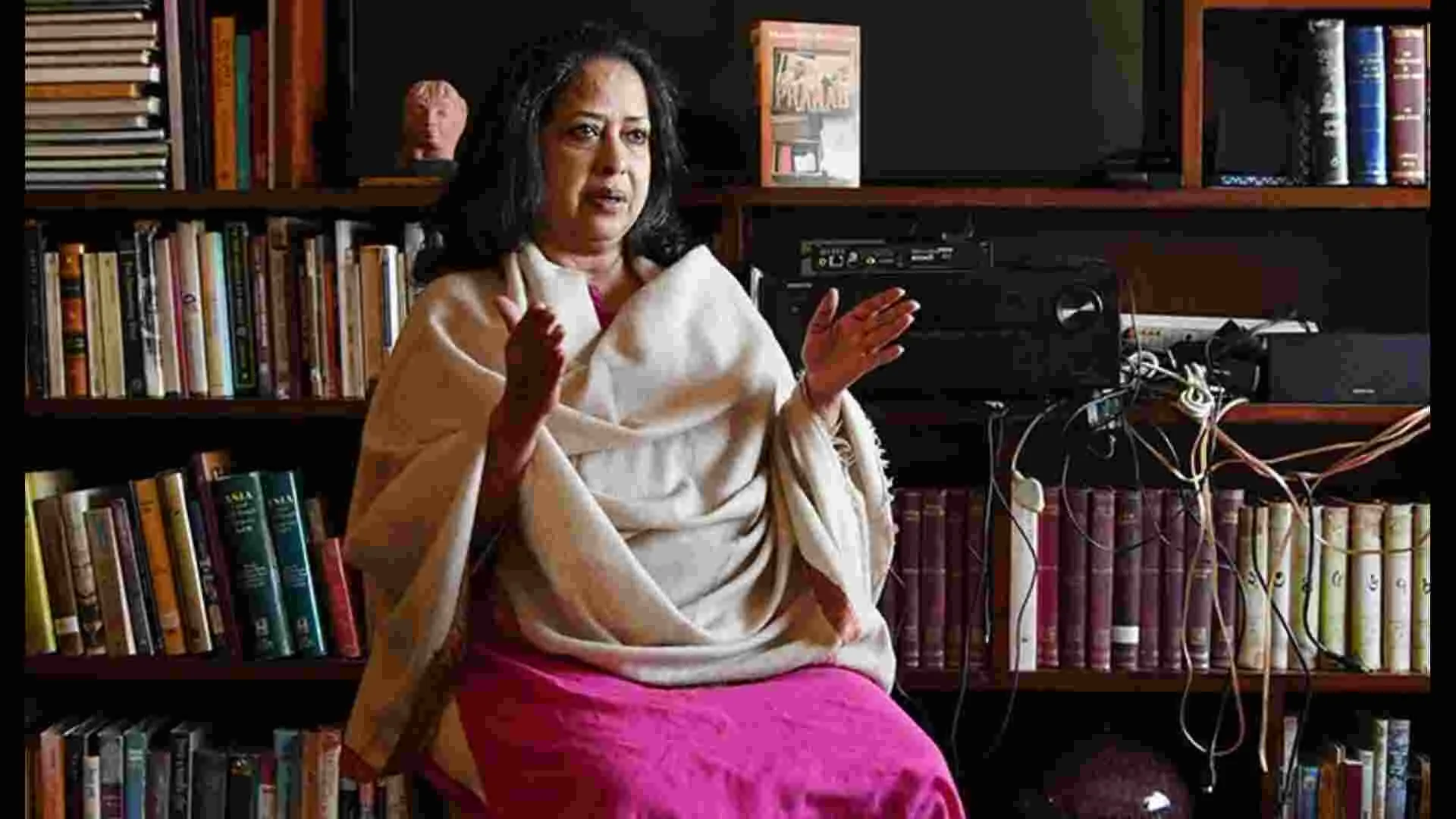The Supreme Court, while hearing an appeal by the Central Bureau of Investigation (CBI) regarding Kashmiri separatist leader Yasin Malik, emphasized that even Ajmal Kasab, the 26/11 Mumbai attack terrorist, was given a fair trial.
Case Background
The court is dealing with two high-profile cases:
– The 1990 killing of four Indian Air Force (IAF) personnel near Srinagar.
– The 1989 kidnapping of Rubaiya Sayeed, daughter of then Union Home Minister Mufti Mohammed Sayeed.
Yasin Malik, who is currently serving a life sentence in Tihar Jail for a terror funding case, is the primary accused in both matters.
Supreme Court’s Directives and Concerns
– The court directed Solicitor General (SG) Tushar Mehta to explore holding trial proceedings within Tihar Jail for security reasons.
– SG Mehta informed the court that Malik refused legal representation and insisted on appearing in person.
– A photograph of Malik on stage with Hafiz Saeed, founder of Lashkar-e-Taiba, was presented, with Mehta arguing that Malik was “not an ordinary accused.”
Challenges in Conducting the Trial
– The bench questioned the feasibility of online cross-examinations due to unreliable internet connectivity in Jammu.
– Highlighting the importance of justice, the court remarked, “Even in our country, Ajmal Kasab was given a fair trial.”
Next Steps and Legal Context
– The court scheduled the next hearing for **November 28**, allowing the CBI to amend its petition to include all co-accused.
– Citing Section 268 of the Criminal Procedure Code, the CBI argued that a state order could prevent the transfer of a prisoner for trial.
CBI’s Position
The CBI asserted that the Jammu court erred in permitting Malik’s physical appearance despite legal provisions restricting such movements.
The case underscores the judiciary’s commitment to balancing fairness in trials with national security and procedural concerns.






















